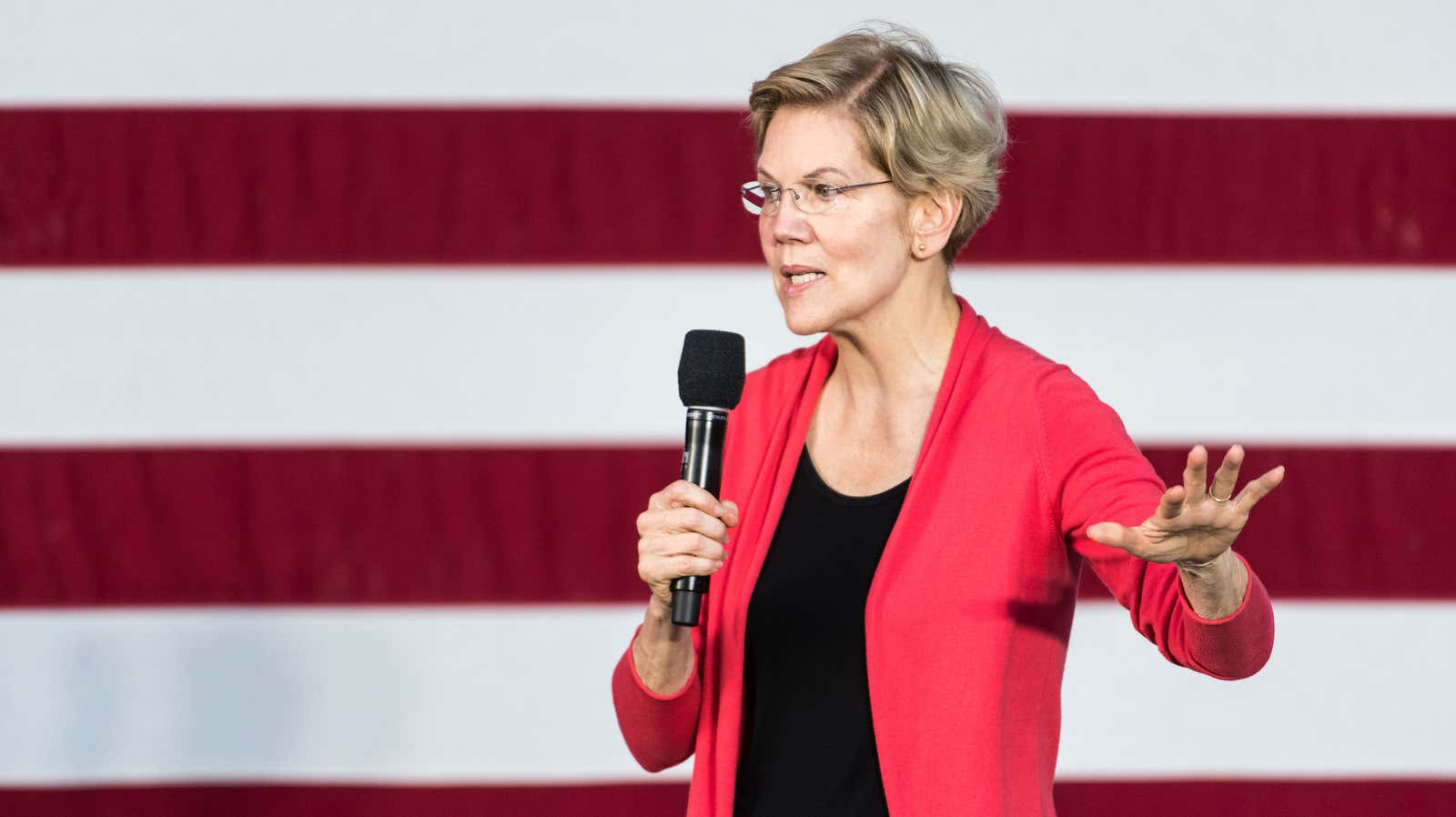How Elizabeth Warren Plans to Pay for Medicare for Everyone

The big theme in our many stages of the Democratic presidential debate this summer has been health care reform. Several candidates, including Senators Elizabeth Warren and Bernie Sanders, pushed for Medicare for All, through which the government would provide our health coverage.
But it would be expensive, and not all candidates clearly understood the source of funding that would be required for this. One of them until today has been Elizabeth Warren.
Her plan is finally presented in a comprehensive Medium post where she explains how she will trump the Sanders Medicare for All Act proposed in the spring.
In accordance with my Medicare plan to cover all the list of exemptions specified in the Act on the Medicare program to everyone, including long-term maintenance, audio system, vision and dental benefits. My plan will cover every person in the United States and include reasonable payment reforms that make Medicare for All possible without spending more money overall than we are spending now.
Warren expects her Medicare for All update to provide everyone in America with full health insurance and long-term care coverage without having to stay in a network of health care providers. It will cost $ 52 trillion over 10 years. So how do we pay for this?
The $ 31.5 trillion will come from existing anticipated federal and state health budgets, Warren and her Medicare for All research team said.
The rest of the $ 20.5 trillion needed will come from “targeted spending cuts, new taxes on giant corporations and the richest 1% of Americans, and by fighting tax evasion and fraud,” she wrote.
Warren promises that “there won’t be a cent of tax increases for the middle class.” She says her plan will actually put $ 11 trillion back into the pockets of taxpayers in insurance and out-of-pocket medical expenses.
But where can you get $ 20.5 trillion? Here’s a short version of Warren’s list :
$ 8.8 Trillion: Employers sponsoring health insurance will still pay, but will do so as an employer’s Medicare contribution .
Warren suggests that employing companies determine the average cost of health care per employee in the company, adjust it “for the overall increase in national health spending,” multiply by the number of employees, and then pay 98% of that amount. in year. Why 98%? Warren writes that this ensures that each company pays less for healthcare than it does now. Small businesses with fewer than 50 employees will be tax exempt, and self-employed people below a certain threshold. If there is not enough Medicare income through employers, some large companies will need an additional employer contribution to Medicare.
$ 250 billion: Right now, you can deduct out-of- pocket medical expenses from your taxes if it represents more than 10% of your adjusted gross income. Warren says we won’t need this anymore.
$ 1.4 trillion: All the health care money we pay now will go back into our pockets and therefore our higher incomes will be taxed as usual.
$ 2.3 Trillion: Invest in strengthening IRS tax laws to reduce tax losses due to tax evasion and fraud.
$ 800 billion: Collect “a small tax on financial transactions – one-tenth of a percent on the sale of bonds, stocks, or derivatives” from financial companies.
$ 100 billion: Charge “risk fees” from the 40 largest banks in the country.
$ 1.25 Trillion: Adjust how companies write off asset depreciation .
$ 1.65 Trillion: Set a 35% minimum tax on foreign corporate income for each country in which they do business. Foreign companies are also taxed based on their US sales.
$ 1 Trillion: Make billionaires pay six cents for every dollar of their net worth over $ 1 billion.
$ 2 trillion: Tax capital gains annually at higher rates for the richest 1%.
$ 400 billion: Reforming the Immigration Service and Using the Liberated Funds for Health Care.
$ 798 billion: Cuts in defense spending and return of troops home from Afghanistan, Iraq and Syria.
That’s all. You can rest assured that this plan will be a hot topic in the next Democratic presidential debate (so far the fifth!), Scheduled for November 20.